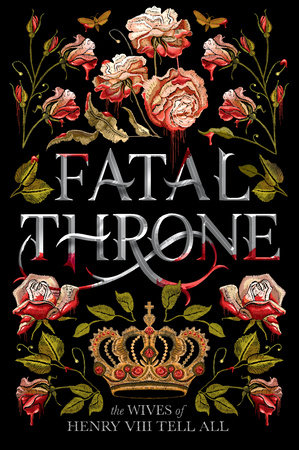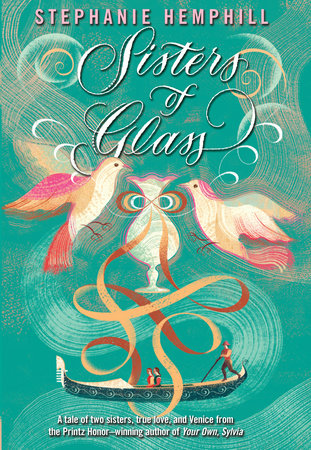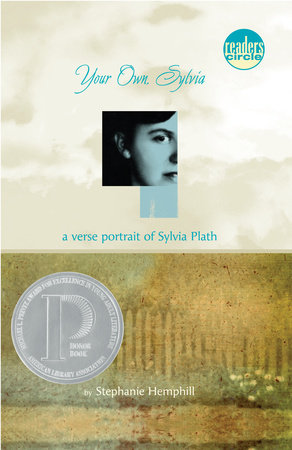About The Author
Sylvia forges through the crests and the crashes of self-examination for us on her pages. Her writing binds me to her, close, under her skull and skin. And I think that may be one of the primary things great writing can do– become your companion.
And what an insightful companion she is! Tossing off lines like “The courage of a shut mouth, in spite of artillery!” When I read, “It was a place of force—the wind gagging my mouth with my own blown hair,” her expression of my own experiences seemed uncanny. I have lived in that boxed space of being in a relationship with someone by choice and yet feeling that I had no choice but to stay, as I had willingly put myself in that cage. And yet when I wrote about this, my own words did not express my feelings as well as Sylvia had. She understood me, and said it best.
Sylvia even writes with clarity about not being able to write. In some sense almost everyone has experienced the dreadful blank page, the cursor blinking on an empty document, the e-mail that you just don’t know how to begin. Fingers drum the keyboard, but can’t depress any letters. Sylvia’s journals keep me company when this happens. She too, even though she wrote voluminously, struggled with feeling empty and unable to push a pen across paper. And when she couldn’t write, like me, she turned to baked goods! Sylvia created them, while I only consume them, but still I feel we have this in common.
So why did I write this book, now? Others have already written Sylvia’s biography. Sylvia’s own daughter has expressed the opinion that people should leave the story of hermother’s life alone. How then could I justify writing this book? Why should I convey how I see Sylvia’s life?
Honestly, part of writing Your Own, Sylvia was a willful denial on my part of what I was undertaking. How could I possibly write a whole book of poems about Sylvia Plath? They would never hold up under the weight of her talent. But somehow I let that go. I thought about the first time I came to Plath in the classroom. I knew little about her life, not much beyond the fact that she killed herself. And although I admired her writing, I could not initially see its depth. Sylvia’s work seemed difficult, purposely obtuse, and so I dismissed pieces of hers as remote and even cold. But learning about her life helped me to unpack various themes and metaphors that would otherwise have remained closed to me. Instead of being cold, I saw that Sylvia’s writing borders on frenzy at times. She holds her work close to her and you feel its heat and impact. I don’t think it always follows that knowing a writer’s biography is essential to understanding their work, but the knowledge I gained about Sylvia’s life as I researched and wrote this book enhanced my experience of her writing. I had always loved her poems’ fabulous opening lines, such as: “Viciousness in the kitchen,”-Lesbos ;“Stasis in darkness,”-Ariel; and “Even the sun-clouds this morning cannot manage such skirts”-Poppies in October. When I found out what was going on in Sylvia’s life at the time she penned each of these lines, the words resonated with even greater impact. My book offers a window into Sylvia’s life in the hopes of helping readers appreciate her writing more fully.
Sylvia published her first poem at eight and wrote until her last days, creating astonishing work whether she was serene, joyful, or in crisis. Her writing captivates and inspires me. She is a friend that is always there on the bookshelf when I need her, with a great line, a brilliant sentence, to pull me through. I wish that her own words could have done the same for her. And I hope my book leads you to her.




